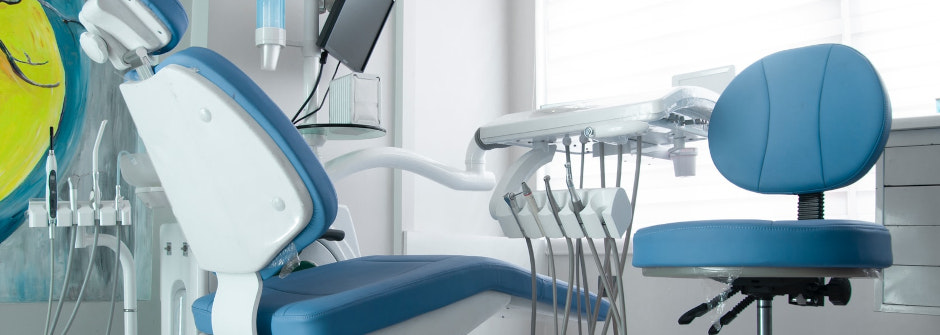
Pre-Dental
Dentists are doctors who specialize in oral health. Their responsibilities include:
- Diagnosing oral diseases
- Promoting oral health and disease prevention
- Creating treatment plans to maintain or restore the oral health of their patients
- Interpreting x-rays and diagnostic tests
- Ensuring the safe administration of anesthetics
- Monitoring growth and development of the teeth and jaws
- Performing surgical procedures on the teeth, bone and soft tissues of the oral cavity
Dentists' oversight of the clinical team is critical to ensuring safe and effective oral care. Even seemingly routine procedures such as tooth extractions, preparing and placing fillings or administering anesthetics carry potential risks of complications such as infection, temporary or even permanent nerve damage, prolonged bleeding, hematomas and pain.
Click here to learn more about what dentists do.
More than Just Teeth and Gums
Dentists' areas of care include not only their patients' teeth and gums but also the muscles of the head, neck and jaw, the tongue, salivary glands, the nervous system of the head and neck and other areas. During a comprehensive exam, dentists examine the teeth and gums, but they also look for lumps, swellings, discolorations, ulcerations—any abnormality. When appropriate, they perform procedures such as biopsies, diagnostic tests for chronic or infectious diseases, salivary gland function, and screening tests for oral cancer.
In addition, dentists can spot early warning signs in the mouth that may indicate disease elsewhere in the body. Dentists' training also enables them to recognize situations that warrant referring patients for care by dental specialists or physicians.
Dentists can practice in several clinical fields including general dentistry, dental public health, endodontics (dental nerves and pulp), orthodontics, pediatric dentistry, periodontics (tissue and bone supporting teeth), prosthodontics, and oral and maxillofacial pathology, radiology, and surgery.
Jump to:
Explore | Prepare | Apply
Explore
Dentists examine, diagnose, and treat diseases, injuries, and malformations of teeth and gums. They may also treat diseases of nerve, pulp, and other dental tissues affecting oral hygiene and retention of teeth. Dentists have the opportunity to work flexible hours and own their own business right after dental school. The PPAC encourages you to take time to explore the path to dental medicine, what a career as a dentist truly entails, and how you can best prepare.
Explore:

